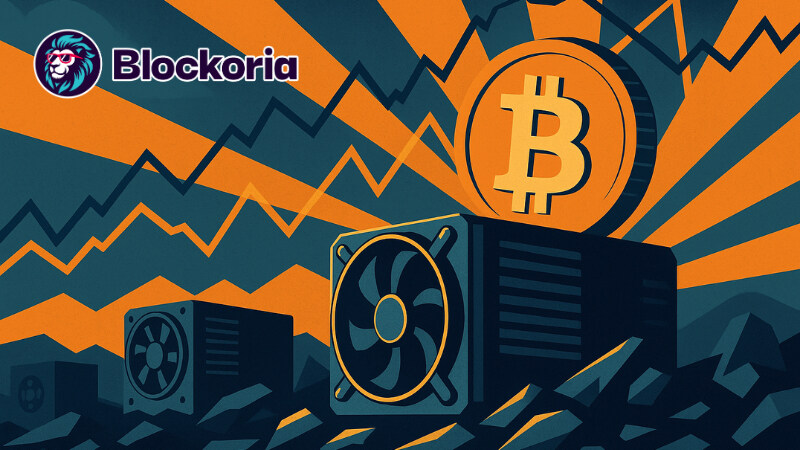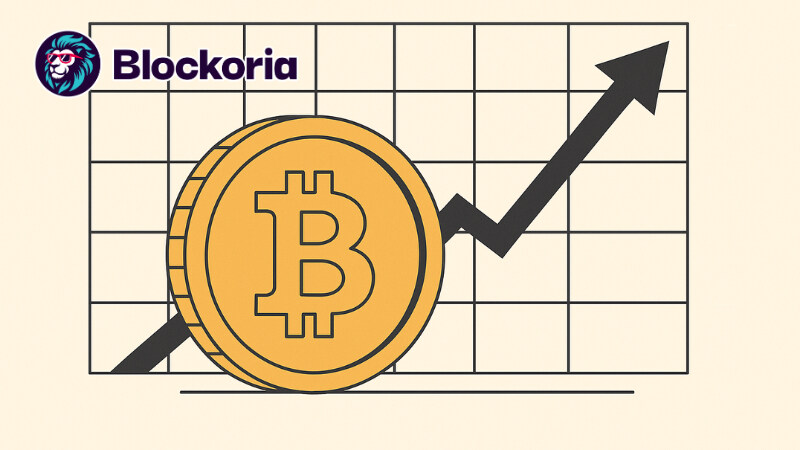.png)
Bitcoin mining is becoming an increasingly resource-intensive process. Over the past 24 hours, the difficulty level has increased by 3.7%, reaching a historical peak. This data, published by BTC.com, clearly demonstrates that mining new blocks requires an increasing amount of computing power, which significantly complicates entering and maintaining positions in the market.
The increase in difficulty is a direct consequence of the growth of the hash rate, and therefore the activity of the network as a whole. The increase in this indicator reflects the influx of investment, the expansion of the mining infrastructure and the stability of the protocol. However, for market participants, this is not only a sign of the maturity of the industry, but also a serious challenge, especially for small mining pools.
Companies that do not have modern equipment or access to cheap electricity risk finding themselves on the verge of unprofitability. Conditions are becoming increasingly tough, and the market is prone to consolidation. Players with scalable operations and optimized energy costs are gaining more and more advantages, gradually displacing less stable structures.
Experts note that the current situation is natural against the backdrop of the growing popularity of Bitcoin and institutional interest fueled by the launch of the Bitcoin ETF. However, along with the growing attention, costs are also growing - and, as a result, there is an urgent need for technological solutions aimed at increasing energy efficiency. For the long-term profitability of mining, such innovations are becoming not just desirable, but critically necessary.
Another important aspect is ecology. The higher the energy consumption of the network, the greater its impact on the environment. This is forcing more and more industry participants to reorient themselves to renewable energy sources and seek a balance between productivity and sustainability. In the new environment, an energy strategy is becoming an integral part of the business model for anyone who expects a stable share in the distributed network.



